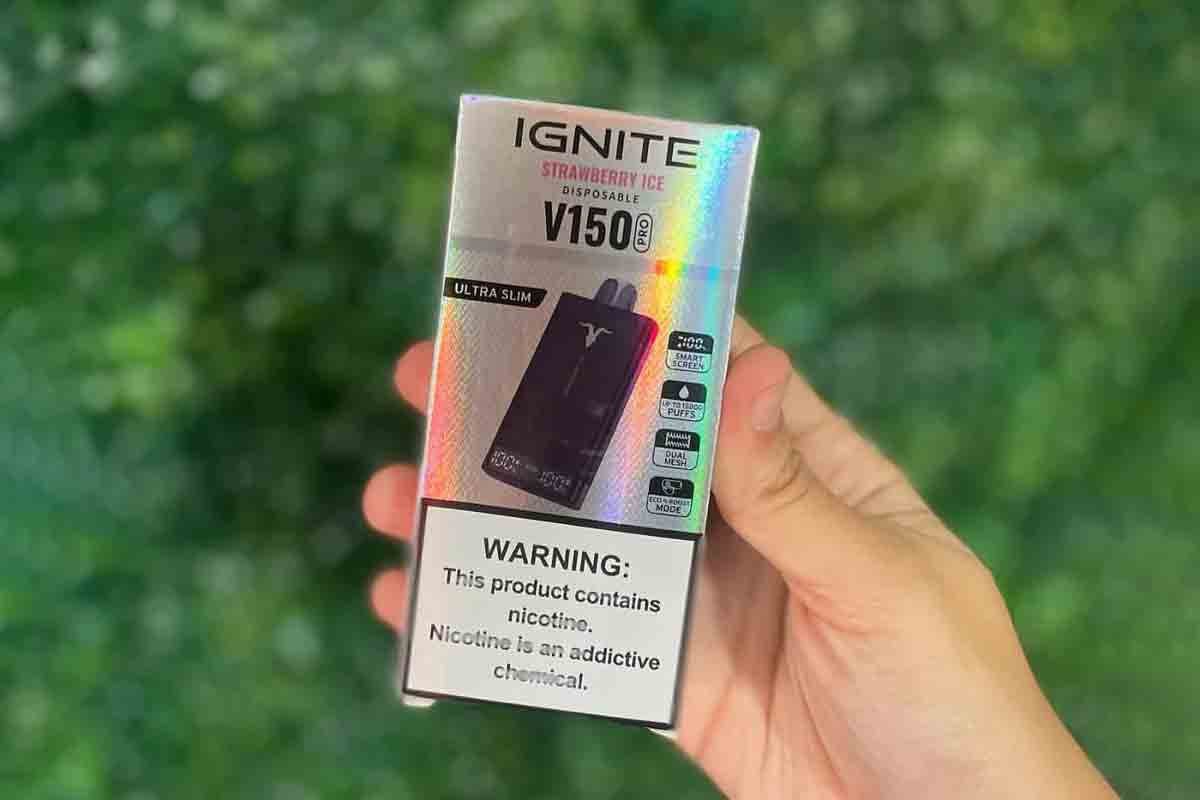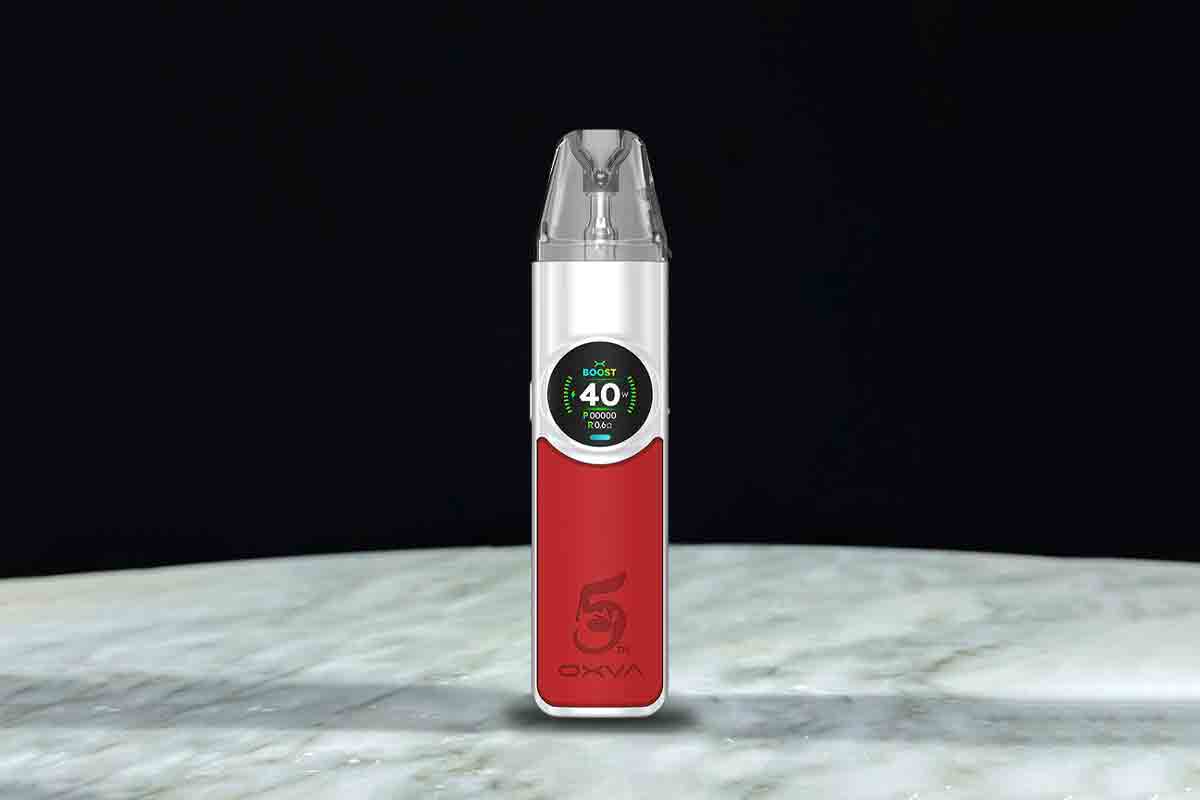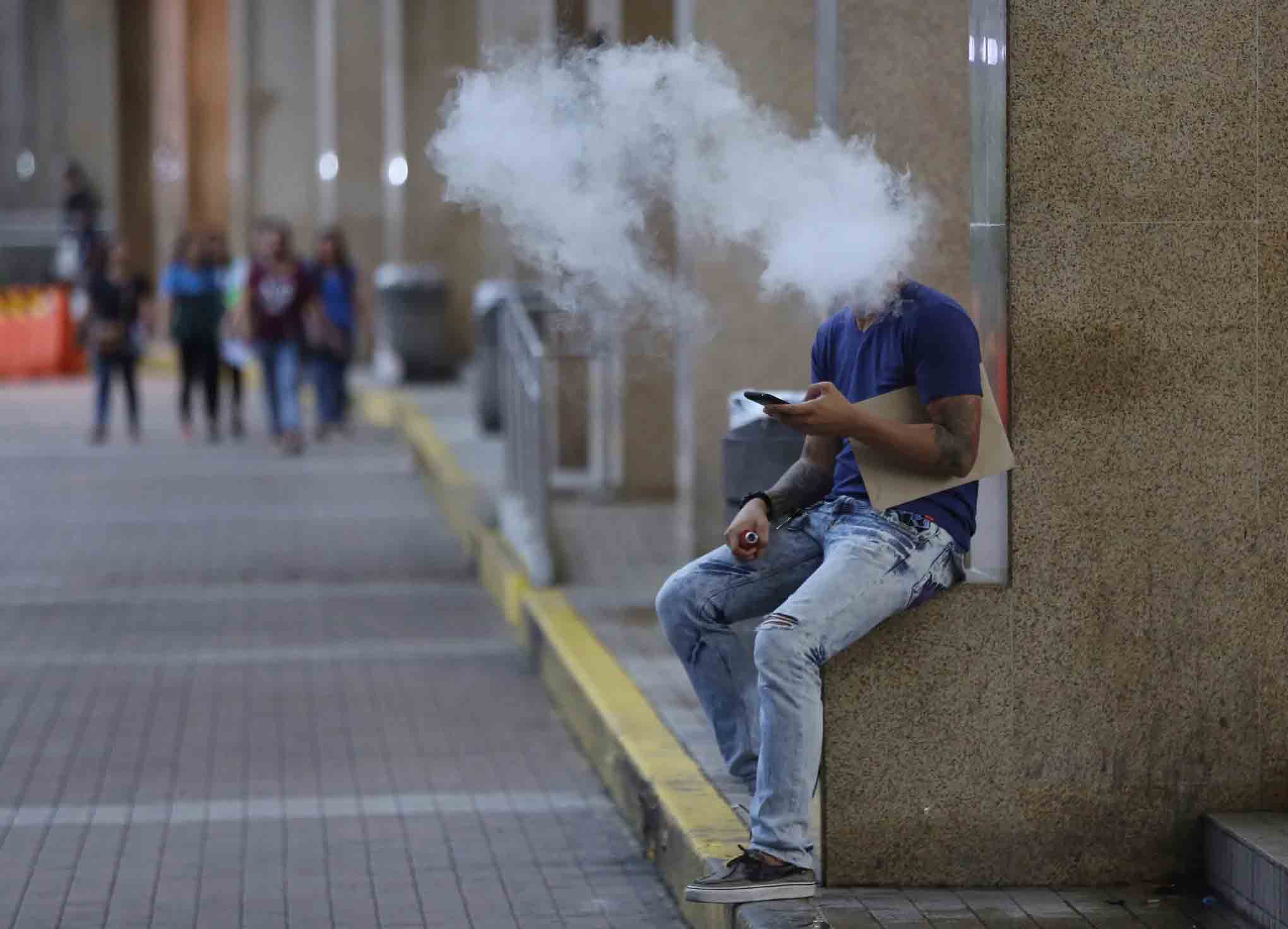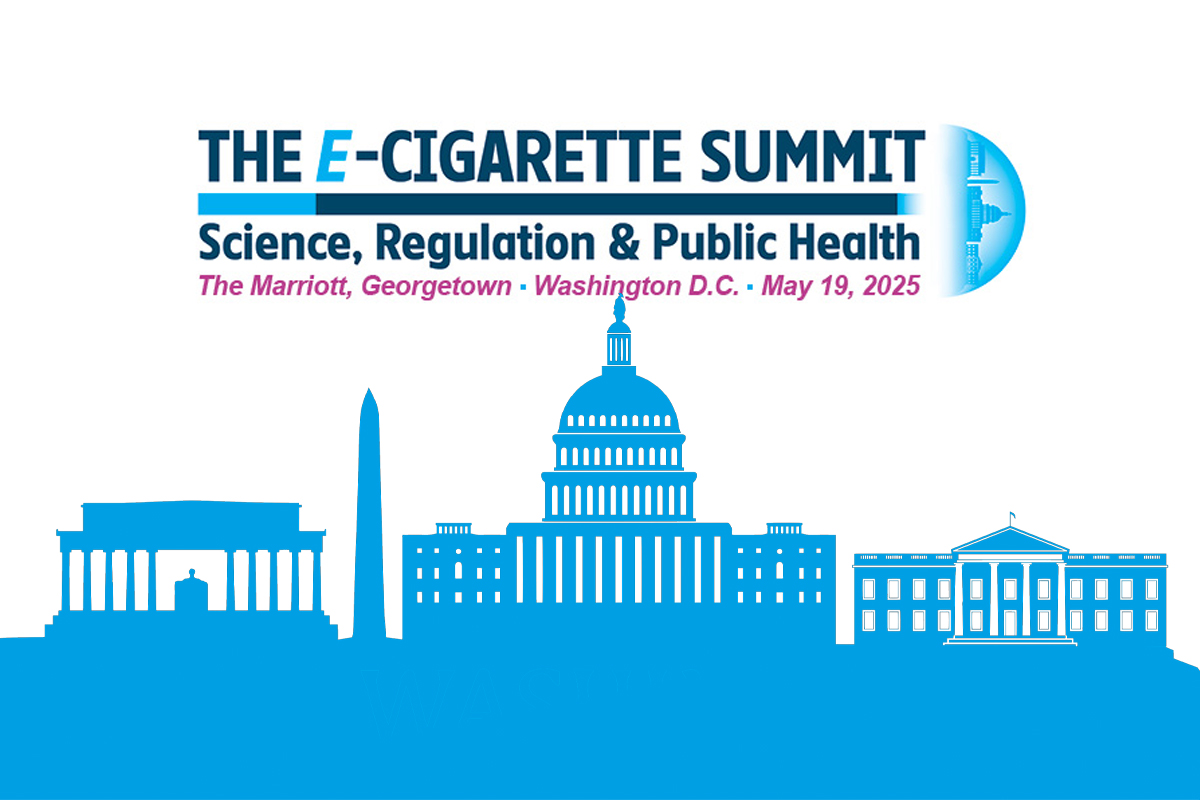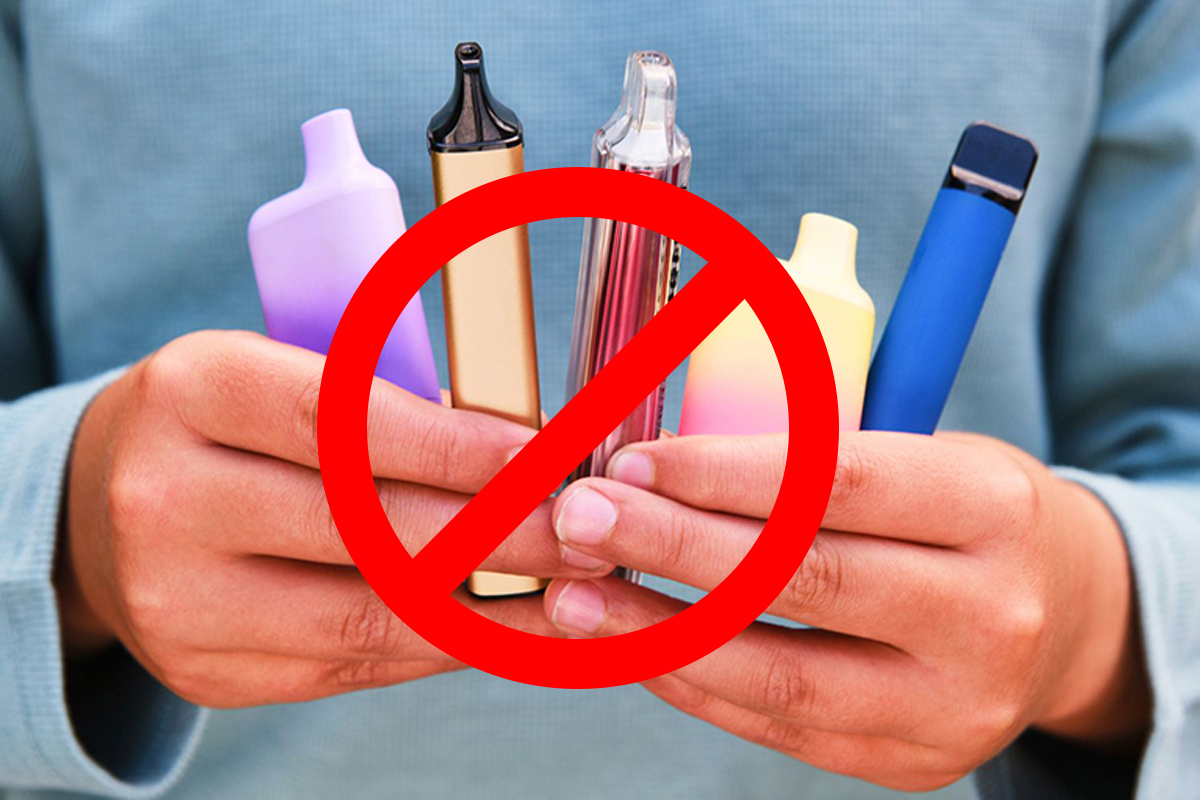In a surprising turn of events from its initial stance to target all vaping products-House version of SB 2024, the Texas legislature has settled on a compromise version. The key revision removes specific prohibitions targeting “Made in China” components directly, though indirectly, by requiring such devices to use American-manufactured e-liquid or face an outright ban due to being manufactured wholly or partly in China.
This shift comes after heated debate and significant lobbying opposition from vape companies, consumers, and certain lawmakers. Their concerns centered on the impracticality of a blanket “Made in China” ban (given near-universality) and potential overreach impacting legitimate U.S. businesses without clearly distinguishing them from illicit products, particularly cannabis concentrates.
There have been two versions debated significantly: the Senate bill initially passed, which defined prohibited status based partly or wholly on manufacturing location (“in whole or in part”). The House version amplified this by barring any product containing Chinese components or being technically manufactured there. While the compromise avoids formal manufacturing origin restrictions, it retains a heavy-handed e-liquid traceability requirement. Effectively banning a device’s sale requires proving pre-market assembly abroad (partly in China) and/or identifying its manufacture in foreign hostile forces zones using U.S. Commerce Department criteria.
The practical impact remains substantial for most existing products found in Texas: disposable vapes bought locally or internationally will likely be banned regardless of origin after September 1, 2025. Only devices where the consumer “knows” they used domestically manufactured e-liquid (like NJOY) can potentially avoid ban; however, refillable mods and tanks using such liquid would legally traverse state lines but face heavy restrictions in Texas if assembled there or containing Chinese parts.
This revised bill retains expanded criminal penalties for violations. While it theoretically excludes tobacco shops selling products to minors solely as alternatives to conventional cigarettes or prescriptions, this nuance is likely irrelevant at enforcement time given the device ban’s inherent restriction unless the devices specifically mimic food or candy appearances.
As a veteran of regulatory affairs seeing these bills across states now, I find that despite the apparent retreat from singling out imports (“Made in China”), Texas lawmakers have still effectively rewritten consumer protection frameworks and created significant hurdles for businesses under scrutiny. Their gamble might be to create an appearance responsible action while avoiding legal consequences but my view on future public health landscapes is much clearer due to this continued stifling approach.
The new bill explicitly prohibits disposable e-cigarettes or any prefilled product claiming US origin if the device itself or its consumables were manufactured in China, a specific region, or designated foreign hostile power zones. Texas effectively excludes virtually all disposable options currently available unless they contain American-made components sourced legally across borders and meet stringent criteria.
The loopholes are not as simple to exploit beyond e-liquid traceability this time: marketing restrictions for minors still apply broadly (food imagery, celebrities), specific additives like cannabinoids (THC in cannabis carts is also now banned under the new bill’s wording) or even tianeptine remain prohibited substance categories. The Texas legislative action seems less like a targeted law against China imports and more like a general crackdown that just conveniently happens to blame foreign sources for its restrictive nature.
The core issue isn’t about China; it is about preventing the open market from being corrupted by harmful additives while ensuring consumer safety, especially regarding teenagers. Texas’s approach risks doing too much harm – criminalizing basic operations with high penalties without offering clear pathways unless you are a multi-billionaire who can afford custom assembly in Switzerland using only FDA-approved parts sourced locally or elsewhere but not through China-related channels.


